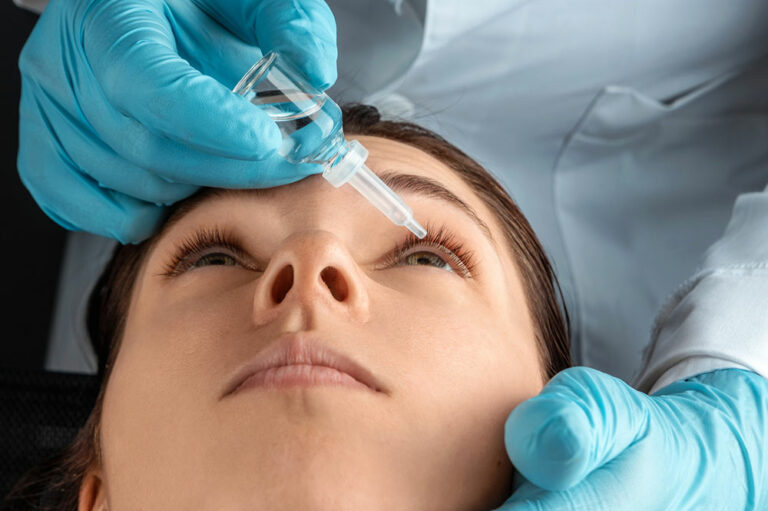
Top 5 Tips to Maintain Eye Health
Taking care of the eyes is crucial as they are the primary sensory organ that helps interact with the world. To maintain good vision, consuming rich nutrients such as omega-3 fatty acids, lutein, zinc, and vitamins A, C, and E is essential. One must also take preventive measures like wearing sunglasses, using safety glasses while working in certain industries, or reducing screen time. Given below are some other ways to maintain optimal eye health. 1. Avoid wearing contacts to sleep When one blinks, oxygen enters the eyes and keeps them moist even when awake. However, contact lenses significantly reduce the amount of oxygen and moisture the eyes can access as they fit over the eye’s surface. This problem is compounded when one sleeps. Without enough oxygen, the corneal cells, known as hypoxia, lose their ability to fight bacteria effectively. According to the Centers for Disease Control (CDC), over 50% of contact lens wearers have reported sleeping with their lenses at least once. But even a single night of sleeping with contacts in can be dangerous. It is only recommended if the eye doctor has advised to wear contacts overnight. Studies have shown that sleeping with contact lenses increases the risk of developing an eye infection by six to eight times.
Read More 










